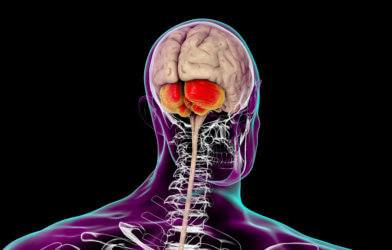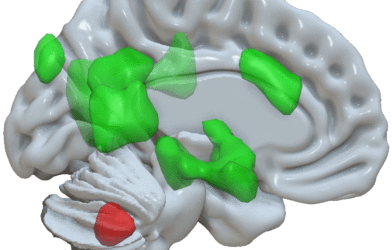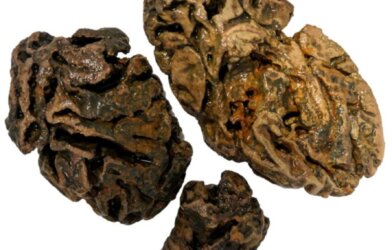Upon receiving an Alzheimer’s diagnosis, one of the many difficult aspects for patients and families to grapple with is the outlook of the trajectory of the disease. For generations, Alzheimer’s disease and its prognosis has proved difficult to predict for doctors and researchers. It has long remained unclear why some may live with Alzheimers for extended periods, while others succumb to the disease within as little as three years.
A significant breakthrough uncovered by a team at Case Western Reserve University’s School of Medicine has shed light on a correlation that may be the answer to this phenomenon. The researchers uncovered a link between strains of the misshapen and rapidly-replicating tau protein and acceleration of cognitive degeneration in Alzheimer’s patients. The novel discovery demonstrates the link between the behavior of the tau protein in the test tube and the duration of the disease within the patient.
This discovery could lead to a more accurate prognosis for individuals and their families. Jiri Safar, a professor in the departments of pathology, neurology, and neurosciences at the Case Western Reserve School of Medicine states that Alzheimer’s is not a singular disease. “There is a spectrum, and different cases have distinct biological drivers of the progression—and they should be handled as separate diseases,” he says in a statement.
Safar elaborates that the goal is now to understand the disease and then categorize it into its different subsets. His hope is that this research will shift the public perception of the long-held view that upon an Alzheimer’s diagnosis, individuals will slowly decline over eight to 10 years. In reality, 10% to 30% have the rapidly progressing form of the disease.
Since his findings have uncovered the variation of Alzheimer’s disease and a marker for it, doctors can shift gears on their treatment approaches. “Now we can think about it in the same way we clinically handle malignancies like breast cancer or pulmonary cancer—that different cancers have very different prognoses and therapeutic strategies,” Safar states.
Moving forward, the goal is to take the knowledge from the study, identify patients that are at high risk for rapid degeneration, and specify the treatments to the diagnosis.
Prior to this research, Safar and his team uncovered that when prion proteins become misfolded and replicated, they can cause damage to the brain. The team applied their methodology in investigating misfolded prion proteins and applied them to the tau protein and Alzheimer’s disease.
In the study, researchers examined 40 people’s brains that died from Alzheimer’s disease. Approximately half of the individuals experienced a slow cognitive decline, while the other half experienced rapid decline and died within three years.
Researchers found that the individuals with rapidly progressing disease had tau proteins with different structural organizations. This means the core of the protein particles were misshapen. Using the priorly developed practice in work with prions, scientists were able to observe the tau species replicate faster in test tubes—similarly to the behavior of prion proteins.
The prion and tau protein research helped scientists develop another dimension of knowledge on neurodegenerative diseases such as Alzheimer’s disease, Parkinson’s disease, Amyotrophic Lateral Sclerosis. This promising research will allow doctors and specialists to provide Alzeheimer’s patients with individualized and comprehensive care for the years to come.
Article by Elizabeth Bartell







-392x250.jpg)



